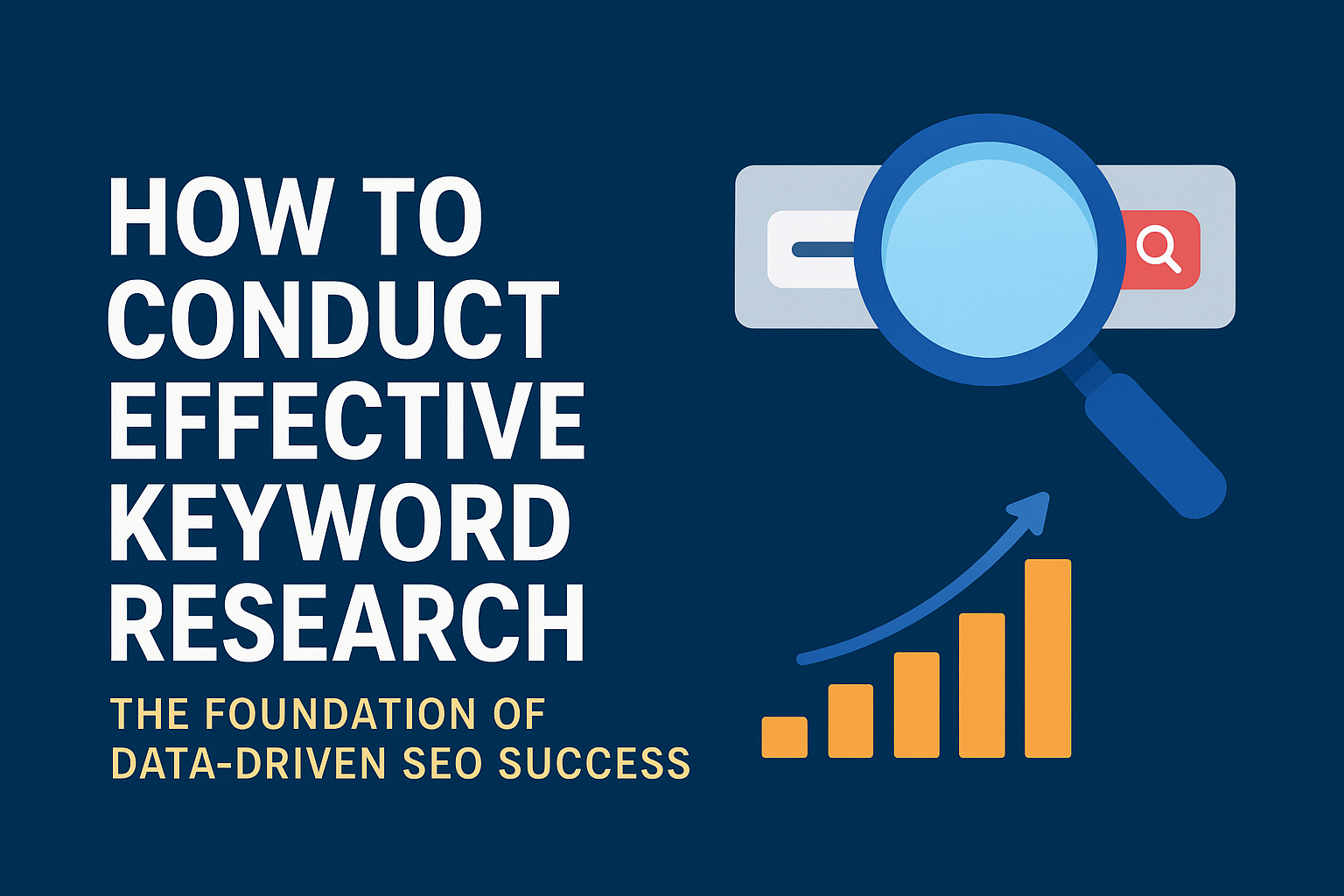Choosing the right hosting plan is a strategic business decision that impacts website speed, security, scalability, and overall online success. Selecting the wrong hosting can lead to slow page loads, security vulnerabilities, traffic loss, and increased operational costs. This white paper serves as an authoritative guide for businesses, providing an in-depth comparison of hosting types, features, providers, and actionable steps for selecting the perfect plan aligned with growth objectives.
1. The Critical Role of Website Speed
Website speed directly affects user engagement, search engine rankings, and conversion rates. In today’s fast-paced digital landscape:
- 53% of mobile users abandon websites that take longer than 3 seconds to load
- Every additional second of load time can reduce conversions by up to 7%
- Google uses page speed as a ranking factor, influencing visibility in search results
Factors that affect website speed include:
- Server response times: High-quality hosting ensures low latency
- Storage types: SSD storage performs 3–5x faster than HDD
- Content Delivery Networks (CDNs): Reduce latency for global visitors
- Caching mechanisms: Preload content to decrease server load
- Optimized hosting environments: Preconfigured for WordPress or other CMS
Case Study: A small e-commerce business on shared hosting experienced 5-second page loads, leading to a 30% drop in conversions. Migrating to VPS hosting with SSD storage and CDN integration reduced load time to under 2 seconds and increased sales by 25%.
Internal Link: For more advanced techniques, see Website Performance Optimization.
High-CPC Keywords: best web hosting, website speed optimization, fast hosting plans
2. Website Security: Protecting Data, Reputation, and Revenue
Website security is non-negotiable. Hosting providers play a critical role in safeguarding websites from malware, hacking attempts, and data breaches.
Key Security Features to Look For:
- SSL Certificates: Encrypt communication and improve trust
- Automatic updates: Patches vulnerabilities in server and CMS software
- Daily malware scanning & firewalls: Detect and block attacks proactively
- DDoS Protection: Prevents website downtime from traffic floods
- Two-factor authentication (2FA): Adds extra protection for admin access
Industry Insight: Over 43% of cyberattacks target small businesses due to weak hosting security. A single breach can cost $25,000+ in recovery and reputational damage.
Example: A mid-sized blog using unmanaged shared hosting suffered repeated hacking incidents due to outdated PHP versions. Migrating to a managed VPS plan with automatic updates and malware protection eliminated breaches entirely.
Internal Link: Read our guide on Website Security Essentials for in-depth protection strategies.
High-CPC Keywords: secure web hosting, SSL certificate hosting, malware protection hosting
3. Scalability: Planning for Growth
Your hosting must grow with your business. Scalable hosting ensures your website can handle traffic spikes, add new features, and store growing data without downtime.
Why Scalability Matters:
- Seasonal or viral traffic increases can overwhelm servers
- As your business adds products, blogs, or user accounts, storage needs grow
- Migrating to a bigger server later can be costly and disruptive
Types of Scalability:
- Vertical scaling: Upgrade CPU, RAM, or storage on the same server
- Horizontal scaling: Add multiple servers to distribute traffic
Example: An e-commerce site ran a successful holiday campaign with VPS hosting that auto-scaled resources, avoiding downtime and maintaining checkout speed, resulting in a 40% revenue increase.
Internal Link: Learn more in our post on Scalable Hosting Strategies.
High-CPC Keywords: scalable web hosting, cloud hosting for businesses, VPS hosting for growth
4. Hosting Types: In-Depth Comparative Analysis
Shared Hosting
Best for: Small blogs, personal websites, portfolios
Pros: Low cost, easy setup, minimal technical knowledge
Cons: Limited control, shared resources can affect performance
Example: A personal portfolio experienced slow load times during traffic surges; upgrading to VPS resolved performance issues.
VPS Hosting (Virtual Private Server)
Best for: Medium websites, online stores, growing businesses
Pros: Isolated environment, greater control, root access
Cons: Requires technical knowledge, higher cost than shared hosting
Example: A growing e-commerce store switched to VPS hosting and saw server uptime improve from 95% to 99.9%, with faster page loads.
Dedicated Hosting
Best for: High-traffic websites, large-scale applications
Pros: Full control, high performance, scalability
Cons: Expensive, requires advanced technical skills
Example: A SaaS company used dedicated hosting to handle 10,000+ daily concurrent users, maintaining stable load times.
Cloud Hosting
Best for: Websites with fluctuating traffic, businesses needing flexibility
Pros: Auto-scaling, redundancy, pay-as-you-go
Cons: Complex management, variable costs
Providers: AWS, Google Cloud, Azure, Cloudways
Example: A startup leveraged Cloudways cloud hosting to launch globally without downtime, paying only for resources used.
Specialized Hosting
- Game Panel Hosting: Optimized for gaming servers
- Local Hosting: Offline development/testing
Internal Links: For specialized hosting, see Best Web Hosting Providers 2025.
5. Essential Hosting Features Checklist
- Uptime Guarantee: Minimum 99.9%
- Bandwidth & Storage: Unlimited or scalable
- Automatic Backups: Daily or weekly
- Email Hosting: Professional business email
- One-Click CMS Installation: WordPress, Joomla, Drupal
- Security Tools: SSL, firewall, malware scanning
- Technical Support: 24/7 access
Pro Tip: Never choose a hosting provider solely on price; feature-rich, optimized plans reduce long-term costs.
6. Top Hosting Providers Comparison
| Provider | Best For | Features | Pricing | Performance | Support |
|---|---|---|---|---|---|
| Hostinger | Budget-conscious startups | SSD, CDN, 24/7 support | $1.99/mo+ | Fast | Good |
| Bluehost | WordPress users | Managed WP, SSL, domain | $2.95/mo+ | Reliable | Excellent |
| DreamHost | Growing businesses | Unlimited bandwidth, storage | $2.59/mo+ | High | Excellent |
| SiteGround | Security-focused sites | Managed hosting, caching | $3.99/mo+ | Fast | Excellent |
| Cloudways | Cloud flexibility | Auto-scaling, backups | $10/mo+ | High | Good |
Internal Links: See full provider reviews at Best Web Hosting Providers 2025.
7. Cost vs. Value Analysis
- Cheapest hosting is not always the best
- Consider uptime, speed, security, scalability
- Premium hosting often reduces downtime costs and improves conversion
Example: A small online store saved $500/year by choosing unmanaged shared hosting but lost $5,000 in sales due to downtime. Investing in VPS paid off within months.
8. Common Mistakes to Avoid
- Choosing solely on price
- Ignoring scalability and traffic patterns
- Overlooking security features
- Neglecting support quality
Tip: Always read Service Level Agreements (SLAs) and uptime guarantees before purchasing.
9. FAQs
Q1: How much bandwidth do I need?
Depends on website traffic, content size, and e-commerce activity. Start with scalable hosting.
Q2: When should I upgrade from shared to VPS or cloud?
Upgrade when your site exceeds 50k monthly visitors or experiences slow load times.
Q3: How do I migrate hosting safely?
Use providers offering free migration tools or hire experts to avoid downtime and data loss.
10. Actionable Hosting Checklist
- Evaluate current site speed and uptime
- Define traffic expectations and growth plan
- Determine hosting type (shared, VPS, dedicated, cloud)
- Compare top providers based on features, cost, and support
- Verify security measures and backup options
- Test website performance after migration
- Monitor metrics regularly and scale resources as needed
11. Conclusion and Next Steps
Choosing the right hosting plan ensures speed, security, scalability, and long-term business success. Assess your needs, compare providers, implement best practices, and monitor performance.
Partner with Warsi Entrepreneurs for expert guidance in selecting and optimizing hosting solutions tailored to your business growth.



